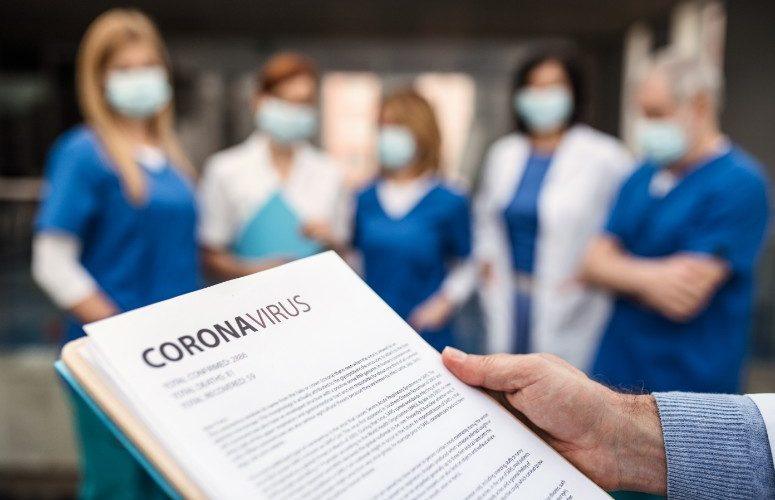
Stop Kicking Businesses While They Are Down
Report to Members
By Michele N. Siekerka, NJBIA President and CEO On Dec 28, 2020New Year’s resolutions can be difficult to keep, but here is one the State of New Jersey simply cannot afford to break in 2021 if it wants its economy to recover from COVID-19: Stop kicking businesses while they are down.
New Jersey businesses are struggling after months of government-ordered closures in 2020 that were followed by COVID-19 operating restrictions and costly new employer mandates that continue in 2021. And while our leaders have expressed empathy and sympathy for the business community at every turn, there remains a disconnect between what they say and what they do.

Michele Siekerka, president and CEO, New Jersey Business & Industry Association (NJBIA)
Consider these cases in point:
- On Jan. 1, the New Jersey minimum wage increased to $12 an hour, despite the business community’s plea that this scheduled increase affecting most employers be postponed during a time when so many businesses are barely hanging on.
- Employers now must pay a new 2.5% state excise tax on fully insured premiums for health benefits plans.
- The Corporation Business Tax (CBT) has been raised to 11.5%, which gives New Jersey the dubious distinction of having the highest CBT in the nation in 2021.
- The top state income tax rate of 10.75% has been expanded to hit more taxpayers than before, and that affects businesses that file taxes through personal returns.
- A new law creates the presumption that “essential workers” who have COVID-19 contracted it in the workplace, which shifts response costs to the worker’s compensation insurance system paid for by employers.
- Executive Order No. 192 mandates workplace safety protocols at a cost, without establishing any liability protections for employers.
- A recently enacted environmental justice law ensures extra costs and red tape for established businesses in more than half the state.
As if these laws and executive orders were not enough, policymakers are considering putting even more costs on the backs of businesses. A new tax on financial transactions has been proposed, which essentially dares securities firms to move their electronic infrastructure out of New Jersey to a more business-friendly state.
As this column goes to press, the legislation legalizing marijuana requires the use of “drug recognition experts” – paid for by employers – to determine if a worker is impaired on the job. Most states that have legalized marijuana permit employers to maintain drug-free workplaces by simply drug-testing employees or identifying impaired employees on their own. But once again, New Jersey seeks to be an outlier and have businesses pick up the added cost of hiring and training “drug recognition experts.”
NJBIA has fought all of these added burdens on business because the cumulative impact will stymie the state’s recovery from the COVID-19 pandemic. New Jersey’s economic growth is already impeded by the high cost of doing business here, crushing property taxes, and the recent enactment of a bloated FY21 state budget with $4 billion in unnecessary borrowing. Saddling New Jersey businesses with more burdensome mandates make a challenging environment even worse.
There are about 30% fewer small businesses in New Jersey now than this time last year. State leaders should be doing more to help surviving businesses hang on, instead of making it more difficult for them to stay open.
New Jersey’s New Year’s resolution should be to stop the madness. Policymakers must call a timeout on imposing more costly mandates because the state’s economic recovery, and the wage and job growth that comes with it, can only happen if this resolution is kept.
To access more business news, visit NJB News Now.
Related Articles:





